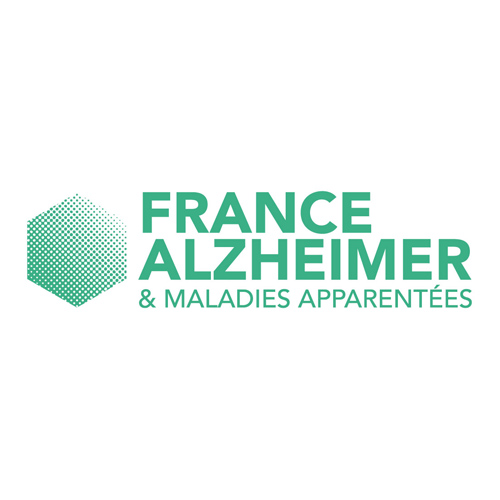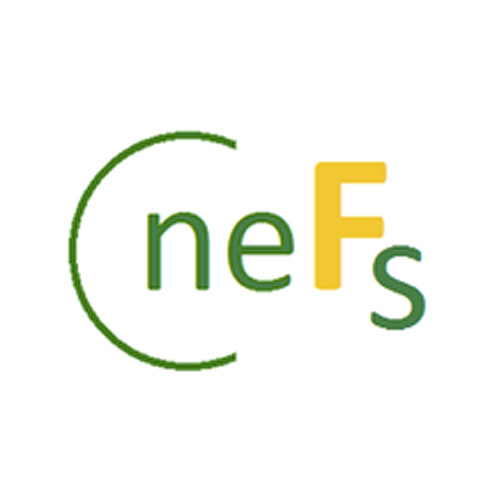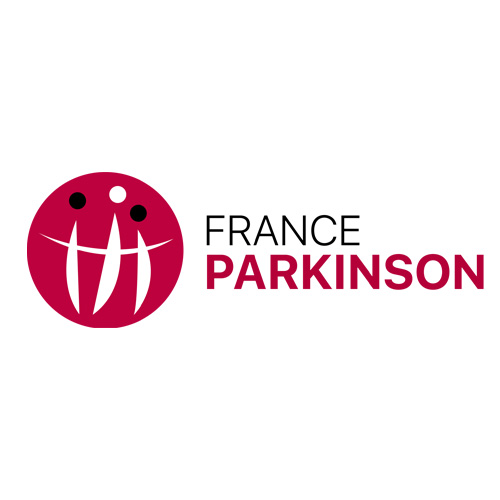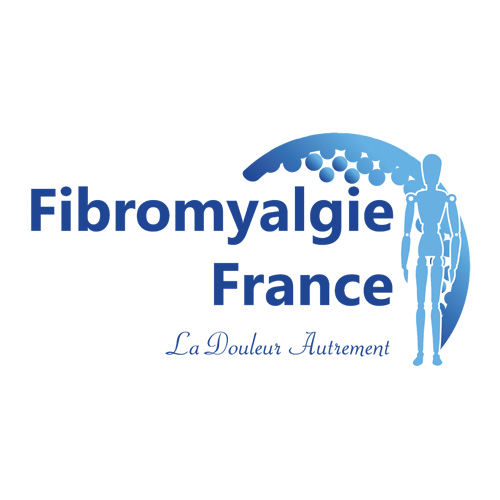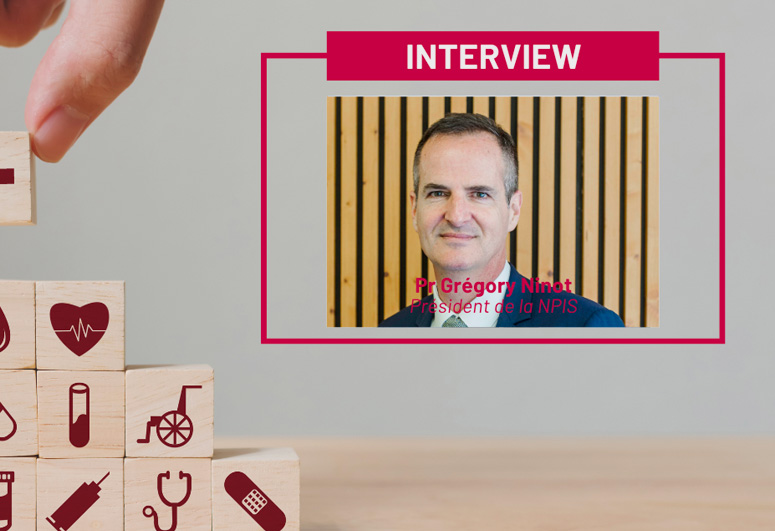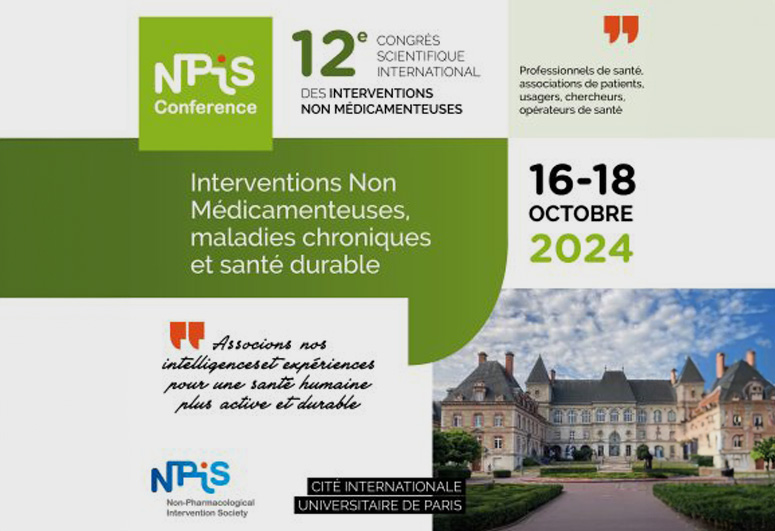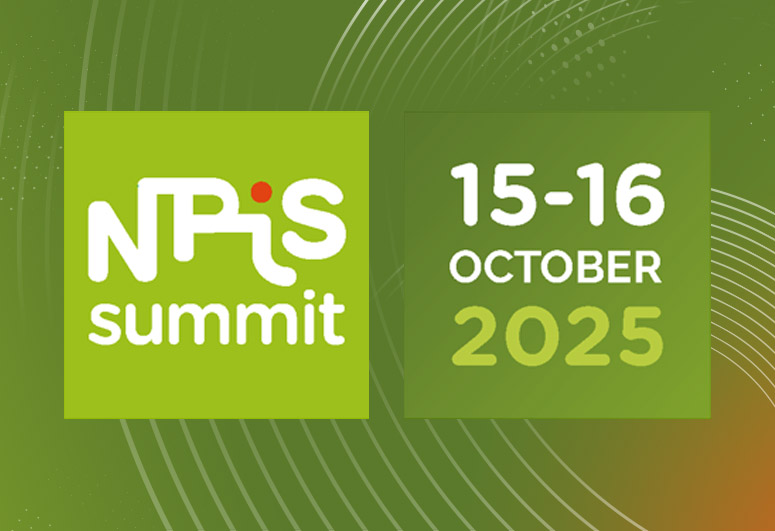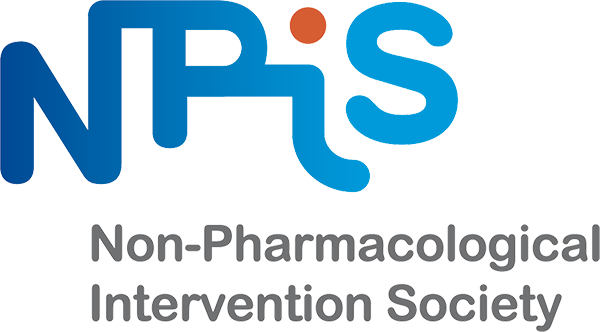What's an NPI ?
The NPIS Registry: why ?
Who is this platform for?
-
I am a citizen, a patient, a caregiver or a professional on a first visit

-
I will be able to easily find information on interventions that are actually INMs. I will also be able to provide feedback on usage. If I want to go further, I will be directed to the conditions for accessing all the data and features of the INM Repository.
-
I am a healthcare professional wishing to access all INM files

-
I will be able to find complete information on INM protocols to deepen my knowledge and practices. I will be able to provide feedback on use.
-
I am a representative of an authority, institution or organization related to health

-
If my practice organization is a partner of the NPIS, I will be able to access all the data and functionalities of the INM Repository.
-
I would like to submit a proposal for a new INM in the Repository

-
If my project meets the definition of an INM and if it is sufficiently supported by scientifically conducted studies, I will be directed to a form which will allow me to write the INM file relating to my project.
-
I am an expert selected under the INM file validation procedure

-
If I have received an email from NPIS accrediting me as an Expert in a defined field, I will be able to register to participate in the expert procedure for which I have been requested.
Become a Submitter
Learn more about NPIS and NPI :
NPIS Questions and Answers
-
Is a global alliance for NPI possible?

-
An alliance for NPI is essential today in response to siloed proposals from various disciplines (biology, psychology, public health), professions (medical, paramedical, educational, social), sectors (prevention, care, support for autonomy, social services, education, end-of-life care, disability), and currents (traditional or scientific medicine) at both national and supranational levels. The NPIS brings together these scattered and sometimes divided stakeholders to foster better understanding, practice, and recognition of NPI. The scientific society contributes to developing an NPI ecosystem that is often overlooked. It mobilizes hundreds of professionals and users worldwide to address the public health challenges of the 21st century that are widely recognized.
It highlights essential NPI and best practices to be delivered to the right people at the right time in their journey without criticizing other health solutions. Specifically, the NPIS enables:- Research stakeholders to develop, evaluate, and promote NPI.
- Care, prevention, and social support professionals to enhance their skills and access best practice recommendations and implementation tools for NPI.
- Health operators to choose, organize, track, consolidate, secure, and sustain investments in NPI.
- National and supranational health agencies to improve their knowledge for designing effective strategies regarding NPI.
- Governments, non-governmental organizations, user associations, and health actor federations to establish a common language within a defined scope to create just, equitable, and sustainable policies.
After establishing a standardized evaluation model, the NPIS contributes to an interprofessional, intersectoral, and bipartisan alliance in favor of NPI. Through an annual global summit, it gathers all stakeholders in the ecosystem during the third week of October, known as the NPIS Summit. This significant event discusses the economic and regulatory structuring of the ecosystem with all parties involved. The 2024 edition will take place in a highly symbolic venue, the Cité Universitaire in Paris, a quintessential humanist space open to the world, science, and peace, created between the two world wars last century. Everyone can participate and contribute to this international dynamic aimed solely at legitimizing NPI within health system offerings without disparaging other solutions. This coalition is called the NPIS Alliance. -
Why an international scientific society for NPI ?

-
NPI are a field in which many amalgamations occur between scientific knowledge and opinion, due to their objective—human health—and their operational mode, which involves immaterial protocols. However, it is essential to learn to distinguish science from research amidst the multiplication of tools and information channels (Klein, 2020), particularly on the subject of NPI. The same communication channels transmit both scientific knowledge and beliefs, opinions, comments... Information of different statuses becomes intertwined. Knowledge can turn into the belief of a particular community, and vice versa.
Research, on the other hand, pertains to questions for which we do not yet have answers. These well-defined questions still have no answer. A researcher works on the subject using various methods and strategies. Research fosters doubt. Scientific societies work to advance research within a specific territory and theme.
Given that NPI are universal health protocols centered on individuals and administered by humans, an international multidisciplinary scientific society needed to be created. This has been achieved since 2021. This society is called the Non-Pharmacological Intervention Society (NPIS). -
Why is there such a direct link between mechanistic, clinical, and implementation studies in the NPIS Model?

-
The connection between mechanistic, interventional, and implementation studies forms the backbone of the epistemological positioning of the NPIS Model regarding the evaluation of NPI. This does not mean that an interventional study, for example, cannot explore biological mechanisms or psychosocial processes. Instead, this backbone provides coherence to the studies and structures the validation process of NPI for integration into a standardized practice framework.
-
Does the NPIS Registry mandate the choice and implementation of an NPI?

-
The choice and implementation of an NPI at a given moment in a person's prevention and care journey do not depend on the NPI Registry, nor on the mission of the NPIS. These decisions are influenced by individual health situations, preferences, the availability of professionals, the qualifications of practitioners, accessibility in a given area, and socio-cultural contexts. The art of combining NPI with each other and with other health solutions at the right time lies with professionals, expert systems, interdisciplinary organizations, and the healthcare system in place in a specific country. The NPI Registry highlights essential practices that have proven effective and continue to evolve through research and feedback analysis. The NPIS has no authority to impose a choice of NPI. Each professional is free to follow them, to pursue others, or to create new ones. The same applies to each healthcare organization.
-
Why is the term NPI so little known?

-
The term NPI has been used by scientists working in the health field since 1975. However, it is not the only term; other similar terms are used synonymously, especially in PubMed. There are ten English terms to describe non-pharmacological processes and twenty-eight to describe methods of operation. An exhaustive inventory of NPI on a scientific article search engine is currently impossible due to the variety of terms researchers use, each with distinct meanings: rehabilitation intervention, psychosocial intervention, mental intervention, cognitive intervention, psychological intervention, behavioral intervention, psychosomatic intervention, nutrition intervention, dietary intervention, food intervention, physical intervention, body intervention, exercise intervention, manual intervention, salutogenic intervention, natural intervention, self-help intervention, nursing intervention, therapy intervention, care intervention, disease management intervention, multimodal intervention...
A search on PubMed from August 15, 2024, indicates 55,689 articles citing the term "non-pharmacological" or its equivalent up to 2023. While these figures do not challenge the trend, they are likely underestimated due to the database's focus on health products rather than services, biological treatments over psychosocial ones, studies on North American populations, and journals published by North American organizations. This aligns with an official U.S. government site managed by the National Center for Biotechnology Information and hosted by the National Library of Medicine, part of the National Institutes of Health (NIH).
A search on PubMed from August 15, 2024, also reveals 11,642 articles citing the term "non-pharmacological intervention" or its equivalent up to 2023. Both curves demonstrate an increase since 2000, with a notable acceleration since 2010.
The French National Authority for Health has been encouraging the use of the term NPI in health since 2011. -
Why choose the term NPI, a seemingly negative term that appears to oppose medication?

-
The term non-pharmacological intervention (NPI) was not chosen by the scientific society NPIS but has become necessary. It has been used by scientists since 1975. Various authorities and agencies have adopted it, including the World Health Organization since 2003, the French National Authority for Health since 2011, the National Solidarity Fund for Autonomy since 2014, the Ministry of Health since 2018, the High Council for Public Health since 2019, the European Centre for Disease Prevention and Control since 2020, the General Inspectorate of Social Affairs since 2022, the Economic, Social and Environmental Council since 2023, and Health Insurance since 2024. Many national and supranational scientific societies use the term NPI in their recommendations. These health solutions are often "squeezed" between health products and public health measures, despite efforts by professionals to raise awareness and recognition of them. They represent an underestimated area of intangible services situated between goods (e.g., medications, medical devices) and general public health recommendations (e.g., dietary rules, hygiene measures, environmental actions).
They can be lost in compilations of health solutions that mix health promotion actions with targeted programs or confuse methods for identifying a health problem with methods for resolving it. The challenge is to improve the traceability of practices for continuous enhancement of their quality, safety, implementation, and training. These practices can be easily shared from one country to another. The term NPI does not imply "anti-medication" or "alternative medicine" (parallel medicine). Instead, it draws from the rigor of the globally standardized drug validation process to establish good scientific and clinical practices. Over time, we believe that the abbreviation NPI will come to be more widely recognized than its full title, similar to WHO, IBM, SEAT, and many others.
Registers of non-pharmacological practices with imprecise criteria and boundaries.
Catalogs compile various health practices among which NPI may be submerged. Some target the general population, while others are more specific. The selection criteria are heterogeneous, and objectives and practical modalities vary widely. Three examples include two from the United States (EBCCP and Mindtools) and one from France (Capitalisation Santé).
Our supporters
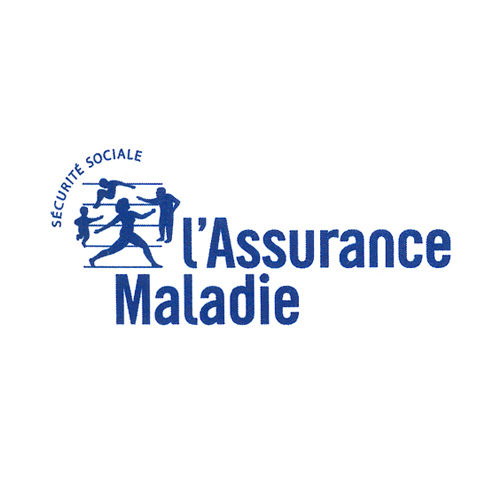
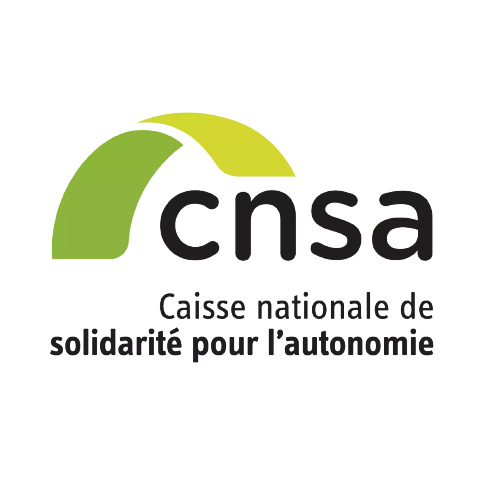
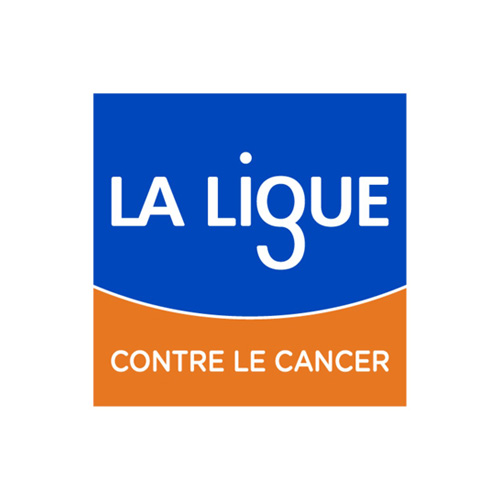


Our partners
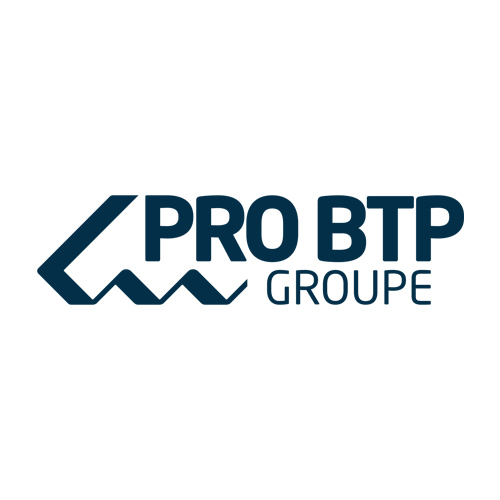
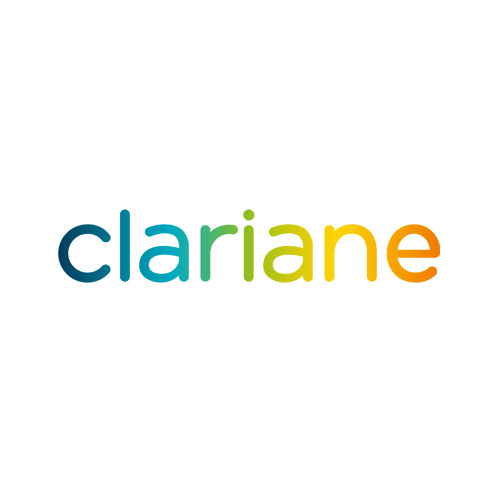
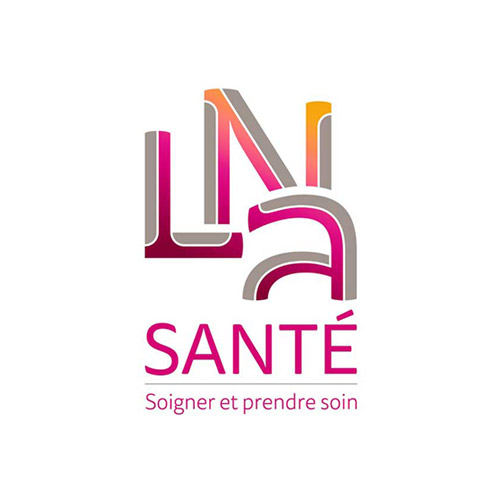
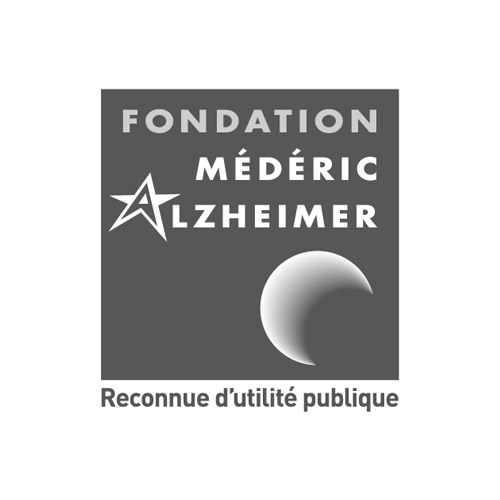
Our allies
